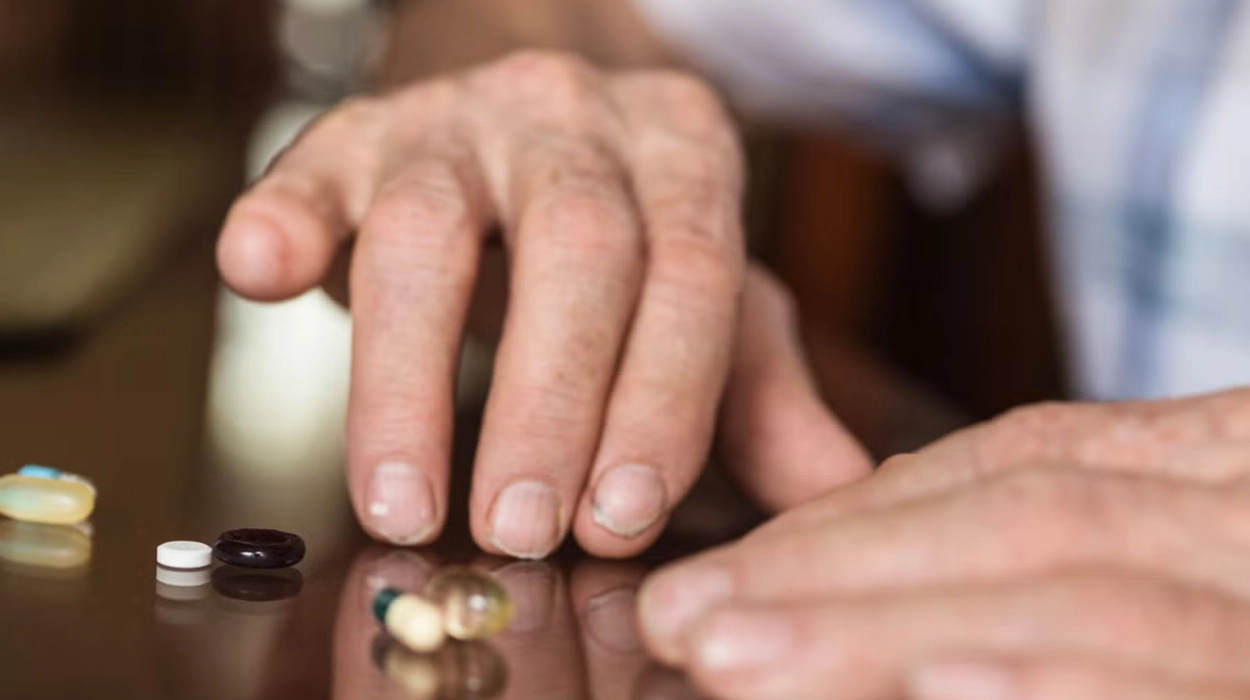UK (Parliament Politics Magazine) – NHS England reports a record 506,549 dementia diagnoses, with new tech like MinderCare helping monitor patients at home and improve early care.
As reported by The Independent, the NHS now records over 500,000 dementia diagnoses.
NHS England reports dementia diagnoses rise to 506,549, up from 490,163, highlighting growing demand for care and support services. Hospitals across England are using technology to help dementia patients stay at home.
MinderCare to support dementia patients at home
Imperial College Healthcare NHS Trust launches MinderCare, an at-home monitoring system for dementia care. The system monitors daily routines, medication responses, and infection signs via sensors on beds, appliances, and doorways.
MinderCare is supported by LifeArc, a non-profit medical research charity. The goal is to detect health changes early, potentially reducing hospital visits.
By September 2025, Imperial College plans to enrol 100 dementia patients in a MinderCare study in north-west London.
How are new NHS devices helping families spot dementia decline?
According to NHS England, families report that new NHS devices provide peace of mind when leaving loved ones alone. They also highlight that the system helps spot deterioration and adjust care plans.
Across England, the NHS delivered care plans or medication reviews to thousands, with 330,460 receiving care plans and 114,447 undergoing medication checks last year.
What did NHS director Jeremy Isaacs say about rising dementia diagnoses?
Jeremy Isaacs, national clinical director for dementia, NHS England, stated,
“Thanks to patients and families coming forward, and the hard work of NHS staff, we have a record of more than half a million people diagnosed with dementia, many of whom are living in their own homes with support from family and friends.”
He said,
“Getting a diagnosis of dementia is the first step in supporting people, with a wide range of NHS services able to help.”
Mr Isaacs added,
“If you have noticed that someone has symptoms, please encourage them to visit their GP for an assessment – the sooner someone is seen, the quicker the NHS can help.”
What did Kieran Winterburn say about undiagnosed dementia in England?
Kieran Winterburn, head of national influencing at Alzheimer’s Society, stated,
“A third of people living with dementia in England are undiagnosed. We understand that getting a dementia diagnosis can feel overwhelming, but we believe it’s better to know.”
She said,
“An early and accurate diagnosis can unlock access to crucial care, support and treatment – helping people manage their symptoms and avoid reaching crisis point. It’s promising to see more people receiving a dementia diagnosis, and we must keep up this momentum.”
Ms Winterburn stated,
“The 10-Year Health Plan and the development of a new national framework on dementia are crucial opportunities to transform how dementia is diagnosed, managed and treated.”
She added,
“Alongside that, we also need to see continued bold, ambitious action and investment not just in innovative technology that supports people once diagnosed, but also in the tools and people needed to diagnose more people in the first place. If anyone is concerned about themselves or a loved one, Alzheimer’s Society’s dementia symptoms checklist is a helpful first step in starting a conversation with their GP.”
Dementia patients in the UK
Around 982,000 people in the UK live with dementia, with over a third undiagnosed. Women account for 62% of diagnosed cases, while men are more affected by young-onset dementia.
Diagnosis numbers for those aged 65 and older vary across England’s regions, ranging from 3.6% to 4.8%. Lincoln and Stoke-on-Trent stand out with rates exceeding 90%.
Symptoms of dementia
Common symptoms of dementia include memory loss that disrupts daily life. This includes forgetting recent events or important dates. People may also struggle with planning, problem-solving, or following familiar routines.
Confusion with time or place is another symptom, where individuals lose track of dates, seasons, or how they arrived somewhere.


